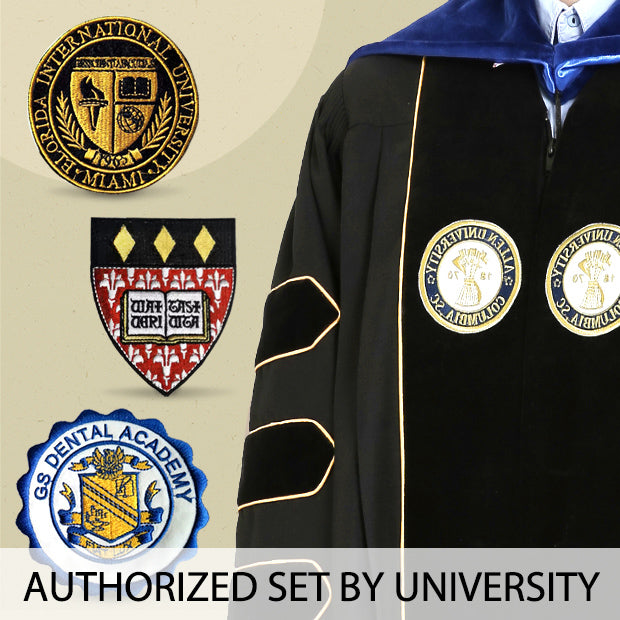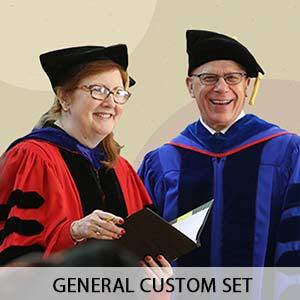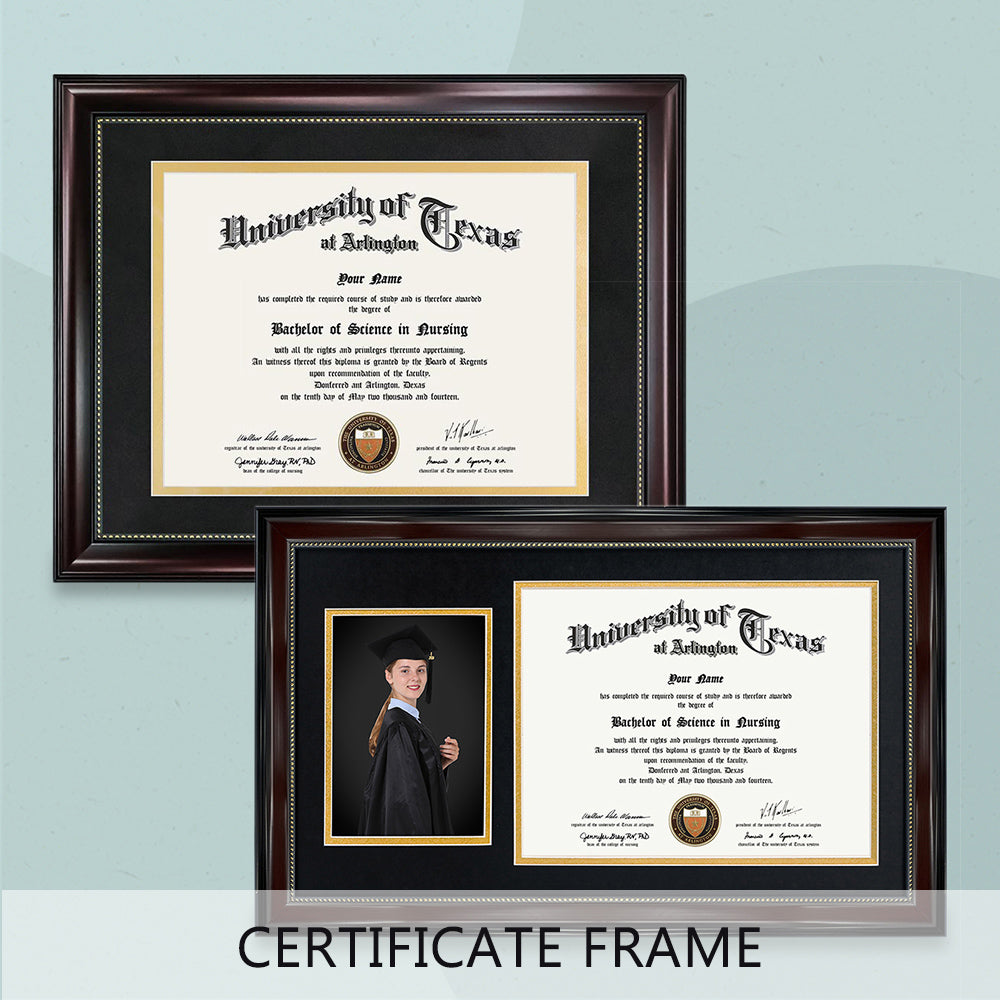The Cost of the College’s Tuition and Other Costs
Another thing that is important to consider is tuition and other costs; school loans are available – but, they are often limited to a specific amount or come with very strict return payment policies. What this means is that you should try to find something that is affordable for you and that won't break you after you leave college. Many decide to go live on campus for the experience – which has its benefits since people can oftentimes find a job on campus that helps pay for their college tuition. Others decide to take classes online - which is cheaper, faster to complete, and also allows people to study at home at their own pace. Whatever decision one takes, they should be careful to not get into a college debt that follows them like a dark shadow for the rest of their lives.
The Degree Program
An additional thing that should be considered is a college’s main degree program(s) and its/their success. For example, Kent State University in North Canton, Ohio, United States has a very specific, thorough, and successful Nursing program. Most who consider a career in nursing look to Kent State University as an option because of the program and its success. One of our colleagues studied at Liberty University (a Christian college) in Lynchburg, Virginia, United States because of their Christian faith – but, also because of the university's psychology program – and he actually graduated with a 3.86 out of a 4.0 and actually successfully works as a personal psychologist on the side. It's always important to consider what you'd like to study and also which universities have a successful and thorough program for your specific career needs. An ideal program in most cases means your institutes and your tutors normally have more connections with practitioners that you can take advantage of in your future career.
Locations
There are world-renowned universities in the comfortable, serene, and cost-efficient tier-II cities. Compared to the big cities, those medium-sized cities tend to show more humanistic care to foreigners with a lower-paced environment and a tolerant attitude. If you like the hustle and bustle of city life, then the metropolises such as New York, Rome, London, and Sydney which has better infrastructures, entertainment destinations, and career opportunities might fit you well. Multi-national corporates across nearly all industries in the downtown areas of the large cities will offer a wide assortment of 1-2 year graduate programs in a number of streams, ranging from accounting, retailing, marketing, product development, and law to enable the trainee to gain hands-on experience and set the career direction. On the contrary, studying in a smaller city will likely be easier while there will be fewer internship vacancies and the spectrum of economic areas you can select from will be narrower.
Visit the Campus if Possible
The reason why universities hold an Open Day to the public is giving the candidate an opportunity to meet as many people as possible and feel the city as well as the university. Before you visit, it's beneficial to jot down a list of critical things to you and check how each aspect of your evaluation is when you are onsite.
























Leave a comment
This site is protected by hCaptcha and the hCaptcha Privacy Policy and Terms of Service apply.